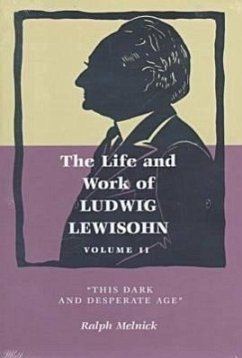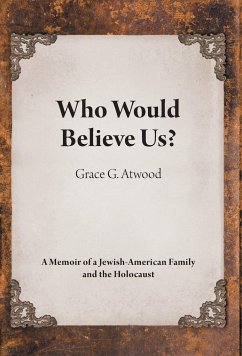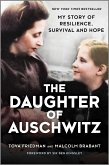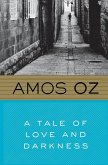The first volume of the biography of Ludwig Lewisohn traced the life of this imposing literary figure to 1934. This second volume portrays Lewisohn's last decades as an outspoken opponent of Nazi Germany, a leading promoter of Jewish resettlement in Palestine, a member of Brandeis University's first faculty, and one of the earliest voices advocating Jewish renewal in America. By 1934, Lewisohn had firmly established his international reputation as a novelist, literary critic, and political commentator. Ralph Melnick now turns to this second stage of Lewisohn's life to tell of his return to America after a long exile. Beset by marital problems, Lewisohn carried on with his work on behalf of Jewry and as editor of The New Palestine during the critical years 1944-1948, and gave full vent to his outrage over the Holocaust, Allied complicity, and the British blockade of Palestine. Despite his activism, Lewisohn was no longer welcome in Zionist circles by 1948 as a result of his "unacceptable" opinions concerning British intransigence, organizational politics, and, particularly, Jewish cultural and religious decline. However, the invitation to join the newly established Brandeis University as its only full professor provided him with the opportunity he sought to contribute to the reshaping of American Jewry. Melnick shows how even this welcome opportunity to teach the literature he loved could not satisfy his need to polemicize. He repeatedly pushed the university to deepen its commitment to its Jewish education mission, once again proving tireless in his efforts to promote the idea of American Jewry's responsibility for its own future. Lewisohn's efforts would later bear fruit in theJewish renewal movement of the next generation as it pursued his goal of "a sufficient faith -- that ultimate point from which a rational life can proceed to be lived". Melnick captures that spirit in the life of this exceptional man.
Hinweis: Dieser Artikel kann nur an eine deutsche Lieferadresse ausgeliefert werden.
Hinweis: Dieser Artikel kann nur an eine deutsche Lieferadresse ausgeliefert werden.








